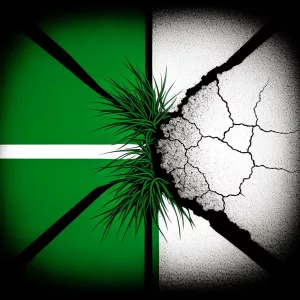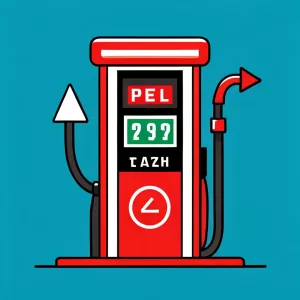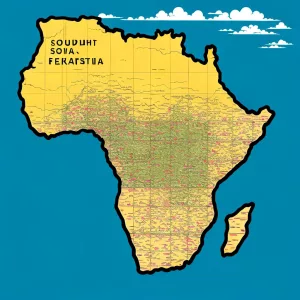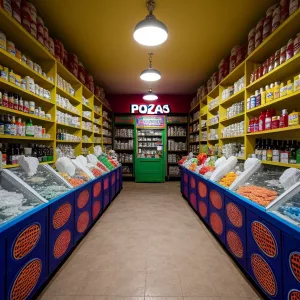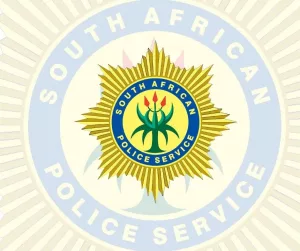Saving money in South Africa is very hard because prices for food, electricity, and transport keep going up, and many people live day to day just trying to survive. Families often juggle tight budgets, choosing basic needs over treats, and saving feels like a faroff dream. To cope, people take extra jobs, share resources, and find clever ways to stretch their money, but real savings remain rare. Despite these struggles, South Africans show strong spirit and hope, supporting each other through tough times.
The Democratic Alliance’s plan for South Africa’s economic renewal is bold and clear. They want to fix the energy crisis so the lights stay on, change job rules to reward skill over race, and invest in better roads, ports, and internet. They also promise cleaner, honest local governments and tougher action against crime and corruption. Their goal is to create more jobs, grow the economy, and build hope for a brighter future where everyone has a fair chance to succeed.
In April, South African drivers can celebrate a predicted petrol price drop of 95 cents per litre. This welcome relief comes as global oil prices fall, easing some of the financial burden on motorists. With a stronger rand and lower demand for oil worldwide, this price cut signals a positive shift for the economy. It not only lightens the load for drivers but also hints at lower costs for goods and services. For many, this is a muchneeded breath of fresh air in the ongoing struggle with rising fuel prices.
The Paradox of Prosperity: The Rise of Rand Millionaires Amidst Wealth Exodus in South Africa
South Africa is seeing a surprising mix of both new millionaires and wealthy people leaving the country. While many highnetworth individuals are emigrating due to safety and economic concerns, cities like Cape Town and Johannesburg continue to attract new affluent residents with their beautiful landscapes and vibrant lifestyles. The number of South Africans earning over R1 million a year has increased, suggesting a hidden wealth that is not fully accounted for. This strange situation highlights the resilience of those who choose to stay, as they navigate challenges while believing in the country’s potential for growth and prosperity.
South Africa is facing a VAT hike from 15% to 16%, which makes life harder for many families, especially those with low incomes. This increase will raise prices on everyday items, like food and electricity, pushing struggling households into even deeper financial trouble. While the government claims this tax is needed to boost revenue for public services, it does little to fix bigger problems like unemployment and poverty. Instead of just raising taxes, the government should focus on creating jobs and supporting small businesses to help everyone thrive. Without real change, the future looks tough for many South Africans.
South Africa’s recent VAT increase by 1% is stirring up strong feelings across the country. Critics say this tax hike will hit lowincome families and the middle class the hardest, making life even tougher for those already struggling. While the government argues that the extra money will help pay for important services like health and education, many believe there are better ways to support people without adding to their financial burdens. Amidst this tough news, there is a bright spot: increased funding for early childhood education, which could help lift many families out of poverty and build a better future.
Spaza shops are the heartbeat of South Africa’s economy, especially in townships and rural areas, where they provide essential goods and services. These small, familyrun stores are not just places to shop; they are community hubs that support local businesses and connect people. However, a new government rule requires these shops to register, causing worry among owners who fear losing their businesses due to strict deadlines and complicated paperwork. While the government aims to ensure safety and proper practice, the challenge is finding a way to help these vital shops thrive without stifling their spirit.
“A Robust Clampdown on Fake Merchandise: The Johannesburg Central Business District Takedown”
The National Counterfeit Goods Unit conducted a successful operation to shut down a clandestine trade of fake goods in Johannesburg, seizing over 7000 items worth R6.6 million and the equipment used to produce them. The operation involved a range of groups including law enforcement, revenue services, and private security firms, highlighting the need for a more comprehensive approach to tackle the problem of counterfeit goods. While the takedown was a significant achievement, it also shows the ongoing battle against these goods and the need for increased public awareness.


